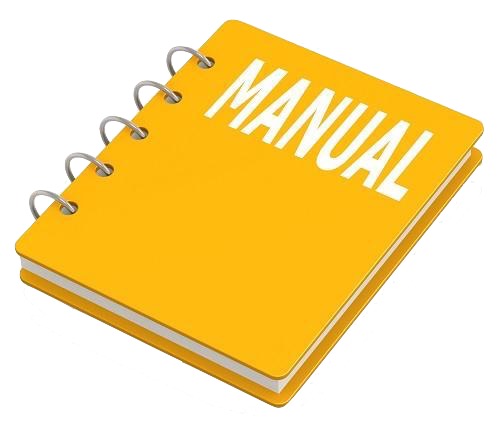INSTANT DOWNLOAD (add to cart)
Case 1650K Crawler Dozer Factory Service & Shop Manual
243 pages, bookmarked, Searchable, Printable, high quality PDF
9-54970 English – Case 1650K (Tier 2) Crawler Dozer Workshop Manual.pdf
Complete workshop & service manual with electrical wiring diagrams for Case 1650K Crawler Dozer . It’s the same service manual used by dealers that guaranteed to be fully functional and intact without any missing page.
This Case 1650K Crawler Dozer service & repair manual (including maintenance, overhaul, disassembling & assembling, adjustment, tune-up, operation, inspecting, diagnostic & troubleshooting…) is divided into different sections. Each section covers a specific component or system with detailed illustrations. A table of contents is placed at the beginning of each section. Pages are easily found by category, and each page is expandable for great detail. The printer-ready PDF documents work like a charm on all kinds of devices.
EXCERPT:
SUMMARY
GENERALITIES
ENGINE
TRANSMISSION
FINAL DRIVES
BRAKES AND STEERING
UNDERCARRIAGE
DOZER EQUIPMENT
HYDRAULIC SYSTEM
ELECTRICAL SYSTEM
…
TRANSMISSION
Carefully read personal and machine SAFETY PRECAUTIONS (at the beginning of this manual)
2.1.1 TRANSMISSION TORQUE
CONVERTER HYDRAULIC DIAGRAM
The transmission is of a “power-shift” type with three forward and three reverse speeds. The system is powered by a dual pump feeding the transmission and the torque converter (1).
The pump sucks oil from the transmission housing through filter (6) and circulates it purifying further through filter (2). A valve (set at 2.5 bar) (36.25 psi)
protects filter (2) against over pressures due to the clogging of the cartridge or excessively thick oil.
The oil delivered by feeding pump (1) after being purified by filter (2) reaches pressure relief valve (3) establishing and maintaining the pressure setting of the oil controlling the transmission clutches.
Safety valve (16) protects the torque converter and the heat exchanger against accidental pressure increments, normally due to cold and excessively thick oil, discharging the flow excess into the pump delivery line (1).
2.1 GENERAL DESCRIPTION
The oil flowing out the torque converter, passes through the heat exchanger, the manifold and it is distributed to the lube and cooling ducts of the transmission clutches.
The maximum lube pressure is limited by valve (15) set at 3 bar (43.5 psi).
Modulating valves (9) make the engagement of the clutches progressive, regulating the pressure increment in the control circuits.
A low engine lube oil pressure or an excessive lube oil temperature are indicated on the dashboard in the cab.
Quick discharge valves on the 2nd and 3rd speed clutches, during the speed engagement phase, are in closed position, under the action of pressurised oil.
When shifting from one speed to another, the relevant control cylinder is connected to the discharge and the pressure drop causes the centrifugal force to prevail over the action of the oil, moving the balls outwards, facilitating a quick discharge.
…

